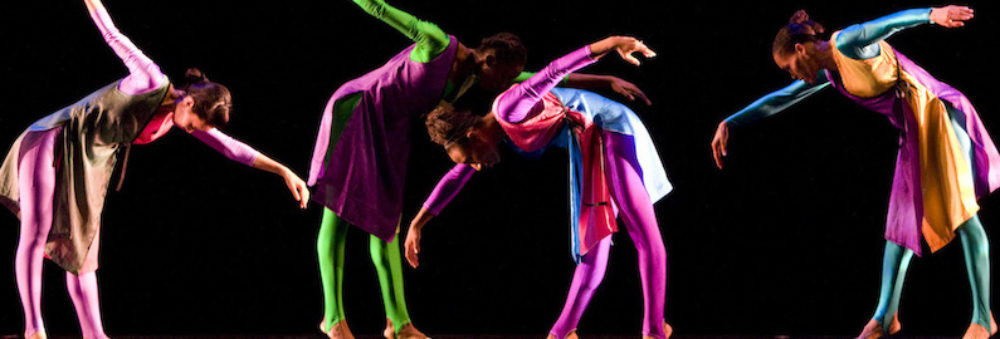Online ed is here to stay, but the key to success is how you do it, said Professor Andrew Guzman, associate dean of the law school. Some of the early MOOCS (Massive Open Online Courses) gave the field a bad reputation.“We deliberately chose an anti-MOOC strategy,” Guzman said. “Our courses will be high-touch and interactive. Many will have been taught successfully in bricks-and-mortar classrooms and then re-built from the ground up for online delivery. For students, it’ll be like a small, engaged community, with an instructor leading the way.” Online course elements engage students with interactive forums, videotaped lectures, narrated screencasts, and more. Quizzes, team projects, and high-profile guest interviews can help make a difference between a poor online course and a great one. Skeptical at first, Guzman and Fernholz now embrace online teaching, if it maintains the quality and integrity of a live class.“I never thought an online course could be as good as the real thing,” Fernholz said, after the day’s taping wrapped. “But I soon realized that online experiences could be just as intense and important as those in the classroom.” Read my full story here.
Law School Offers ‘Anti-MOOC’ Online Course
UC Berkeley School of Law is offering its first official online ed course for practicing attorneys worldwide. Here’s a shortened version of a story I wrote about the program:
Bill Fernholz stares into a video camera a few feet away as an assistant dabs powder on his face to blunt the harsh light. It wasn’t how he’d imagined himself teaching when he joined the UC Berkeley Law School faculty 14 years ago, but it’s become second nature to him now. Welcome to the world of online education.
Fernholz teaches Fundamentals of U.S. Law, the school’s first official online course. It reflects a carefully planned move to offer select courses online—initially for foreign attorneys with international caseloads.Why the leap online? Approximately 6.7 million higher education students were taking at least one online course in fall 2011, an increase of 570,000 students from the previous year.
